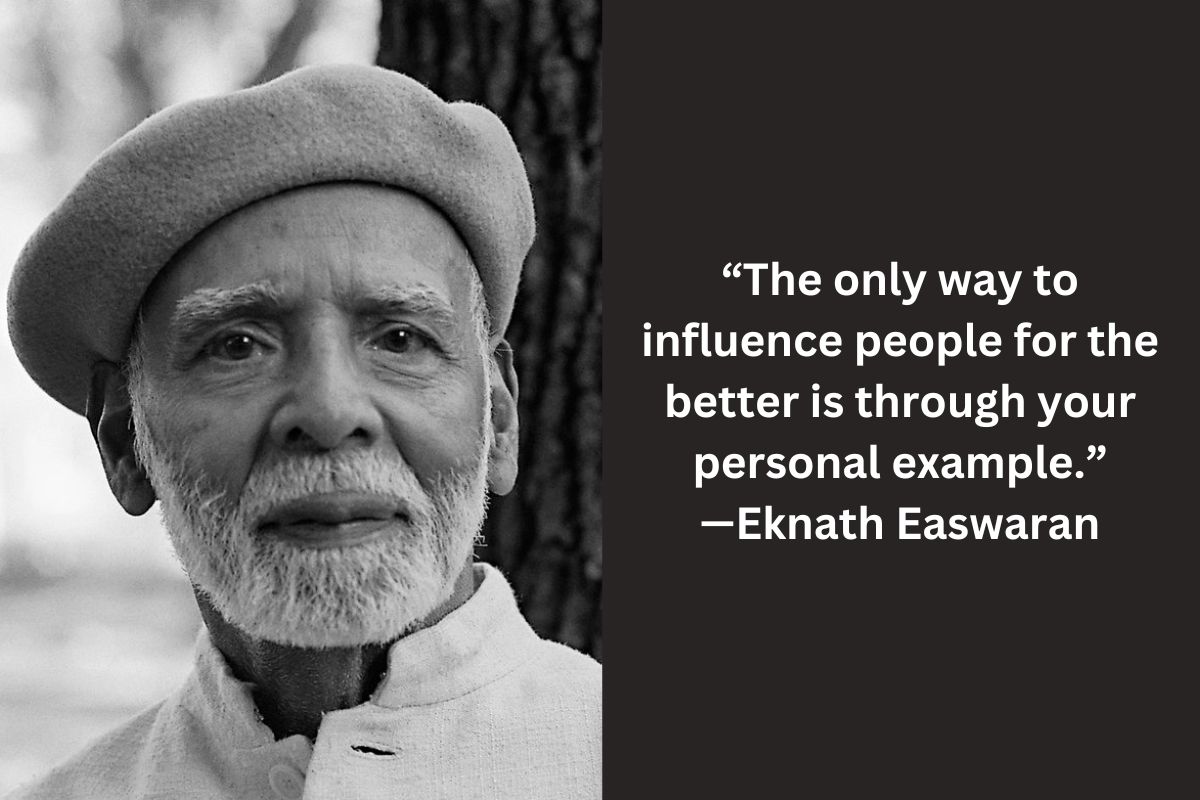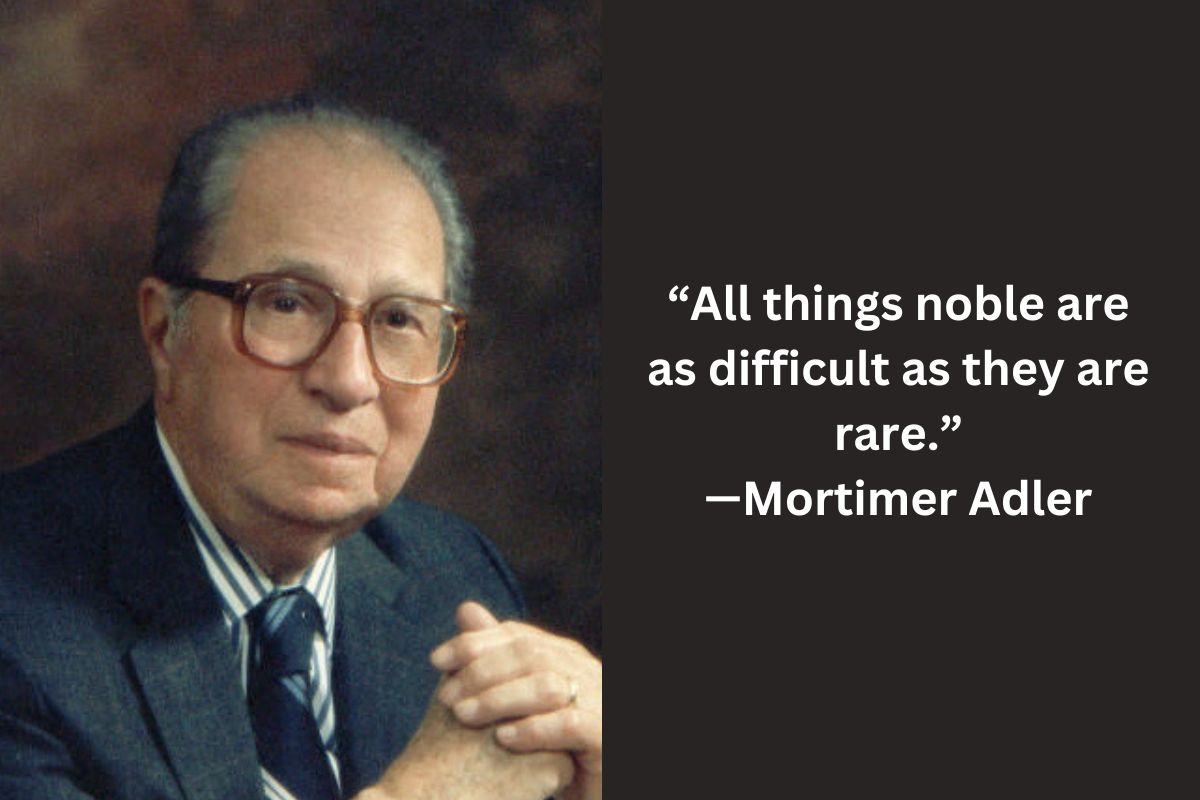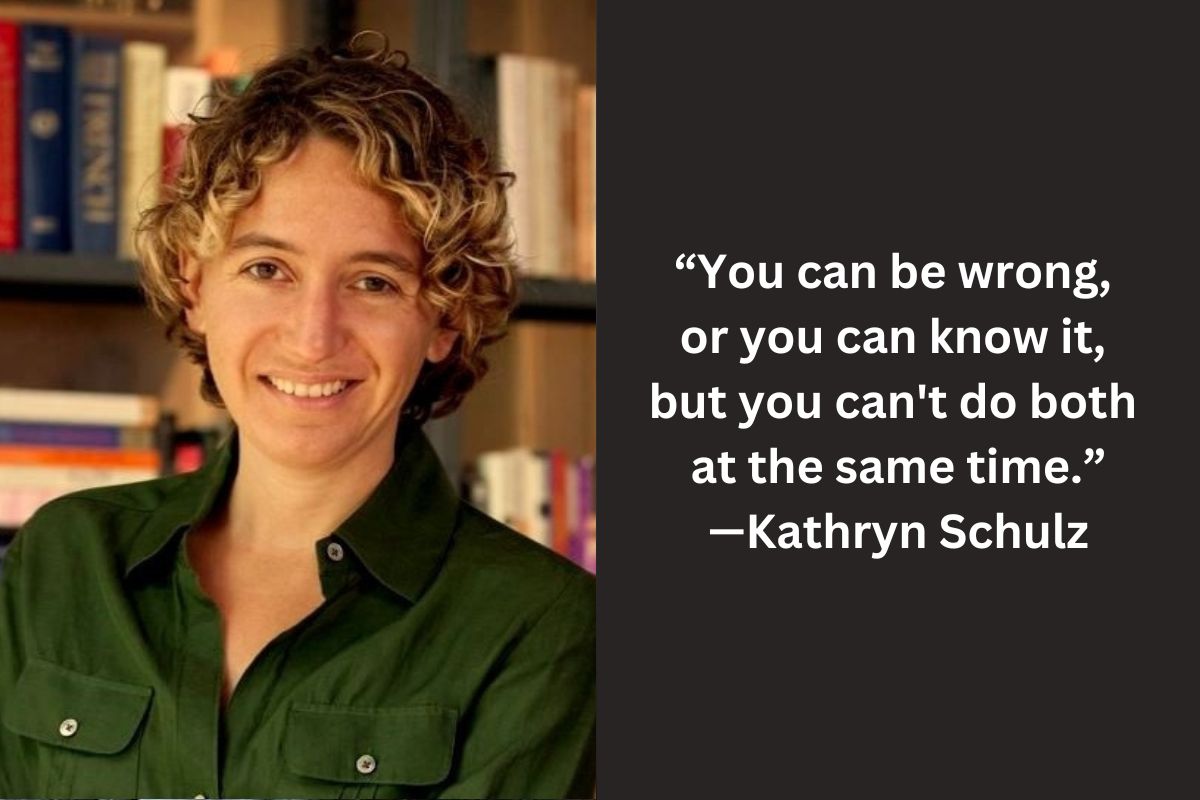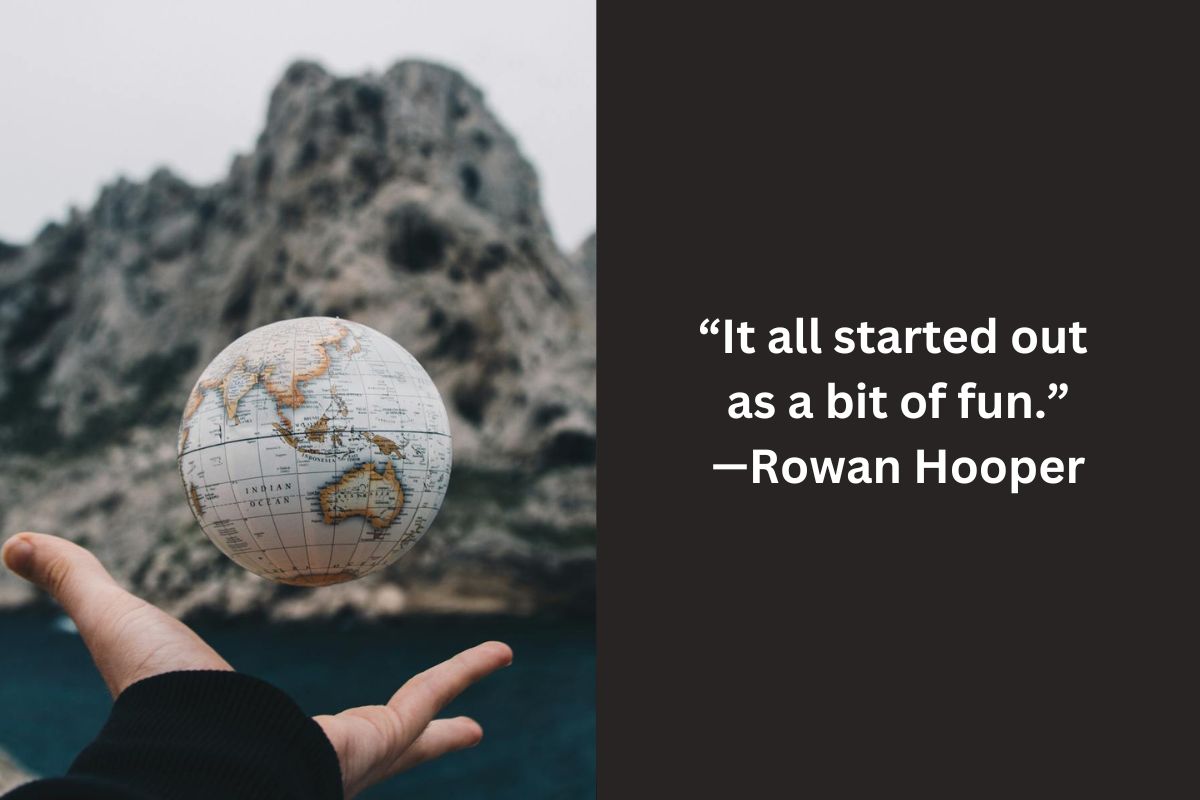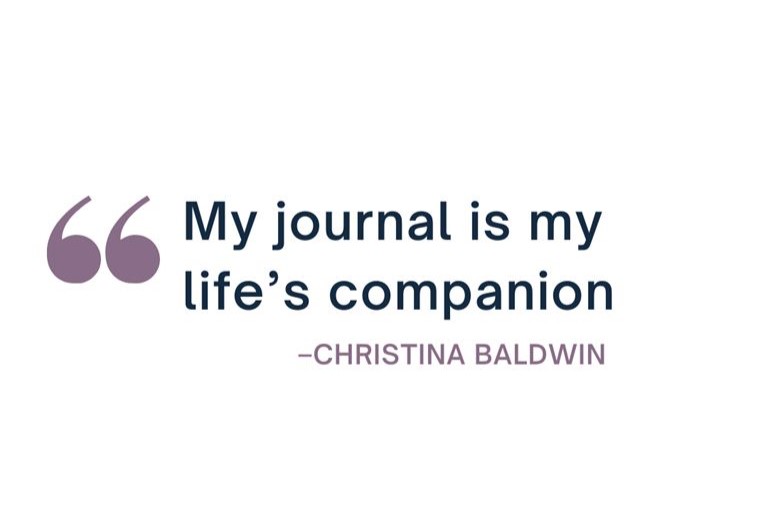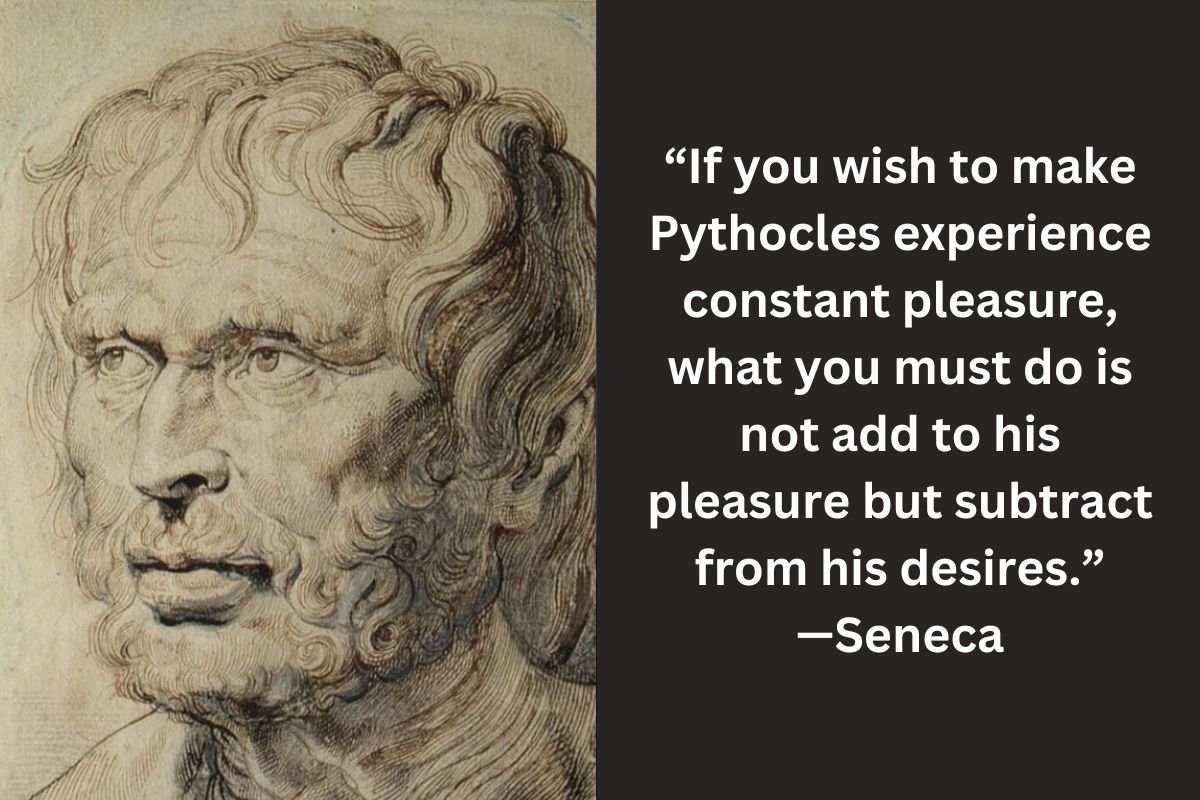 “Once, while Mahatma Gandhi’s train was pulling slowly out of the station, a reporter ran up to him and asked for a message to take back to his people. Gandhi’s reply was a hurried line scrawled on a scrap of paper, ‘My life is my message.'” So writes Indian spiritual teacher Eknath Easwaran (December 17, 1910 – October 26, 1999) in his book Your Life Is Your Message: Finding Harmony with Yourself, Others, and the Earth. It’s Easwaran’s deepest belief that no matter what crises may threaten the world, we can live in harmony with our highest ideals — and help others do the same. To illustrate his point, he compares humans to elephants for both are keystone species.
“Once, while Mahatma Gandhi’s train was pulling slowly out of the station, a reporter ran up to him and asked for a message to take back to his people. Gandhi’s reply was a hurried line scrawled on a scrap of paper, ‘My life is my message.'” So writes Indian spiritual teacher Eknath Easwaran (December 17, 1910 – October 26, 1999) in his book Your Life Is Your Message: Finding Harmony with Yourself, Others, and the Earth. It’s Easwaran’s deepest belief that no matter what crises may threaten the world, we can live in harmony with our highest ideals — and help others do the same. To illustrate his point, he compares humans to elephants for both are keystone species.

Easwaran writes:
Conservation biologists call the elephant a “keystone” species. Just as an arch cannot stand without its keystone, many other species, and sometimes entire ecosystems, would be lost without the elephant. On the African savannah, the elephant’s foraging creates a mixture of woodlands and grasslands, making the savannah hospitable to many more creatures, from the zebra to the giraffe to the baboon. In drier climates, it provides water not only for itself but for all the other species by creating new water holes and even digging wells. Because of the elephant, a huge, hungry animal with gentle habits, the entire ecosystem flourishes.
I believe that we human beings are meant for no less a role. Today, because of our skills and technology, human society has assumed the position of keystone in the vast, delicately balanced arch of nature. Like the elephants in the forest, our lives affect all the other creatures, plants, and elements around us. They all depend upon us for support and protection.
However, currently our influence is far from benign. Rather than supporting the rest of life, the human beings seem to be at odds it with it. Scientists tell us how our activities are not only driving other species to extinction but are threatening the water, soil, and atmosphere on which our own lives depend. We seem to lack the genuine capacity to relate even to our fellow human beings. The alienation of city lives, the increase in poverty, and abuse of drugs suggest that we lack the wisdom to protect even ourselves, let alone the rest of nature. Yet, in another sense, there is still a great promise today. Easwaran writes:
Even in some of the countries most troubled by poverty or civil war or pollution — many thoughtful people are making a deep, concerted search for a way to live in harmony with each other and the earth. Their efforts, which rarely reach the headlines, are among the most important events occurring today. Sometimes these people call themselves peace workers, at other times environmentalists, but most of the time they work in humble anonymity. They are simply quiet people changing the world by changing themselves.
[…]
Through such unobtrusive, almost inaudible work, the changes we would like to see in the world around us can begin immediately in our own lives, making us more secure, more contented, and more effective. Each of us has the capacity to become a little keystone, a healing and protecting force in the family, with friends, at work, in the community, in the environment.

Such little changes may seem painfully small when compared to the kinds of crises we read about in the headlines but, Easwaran notes, “there is no instrument of change more powerful than a well lived life.” Taken together, our small daily efforts add up to a very powerful force that, in the years to come, can become a spiritual revolution, providing a firm foundation for the kind of political, economic, and ecological improvements we need to make. And it all begins with ourselves, Easwaran writes:
The only way to influence people for the better — your family, your friends, your club, your class, your clinic, your society, even your enemies — is through your personal example. Harmony with the environment — the alleviation of our environmental crisis — and harmony with others — the easing of our social, political, and economic difficulties — both begin with a third harmony: harmony with ourselves.
The rest of Your Life is Your Message goes on to offer us a simple eight-point program of spiritual growth drawn from the major world religions designed to help us achieve tranquility and become more compassionate, loving, and confident people. The program is adapted to the demands of an active modern life and spread out across three chapters of the book: 1) finding harmony with yourself; 2) finding harmony with others; 3) finding harmony with the earth.
Complement with Mother Teresa on the meaning of life.

I’m a freelance writer with 6 years of experience in SEO blogging and article publishing. I currently run two websites: MindfulSpot.com and OurReadingLife.com. While you’re here, get the latest updates by subscribing to my newsletter.

